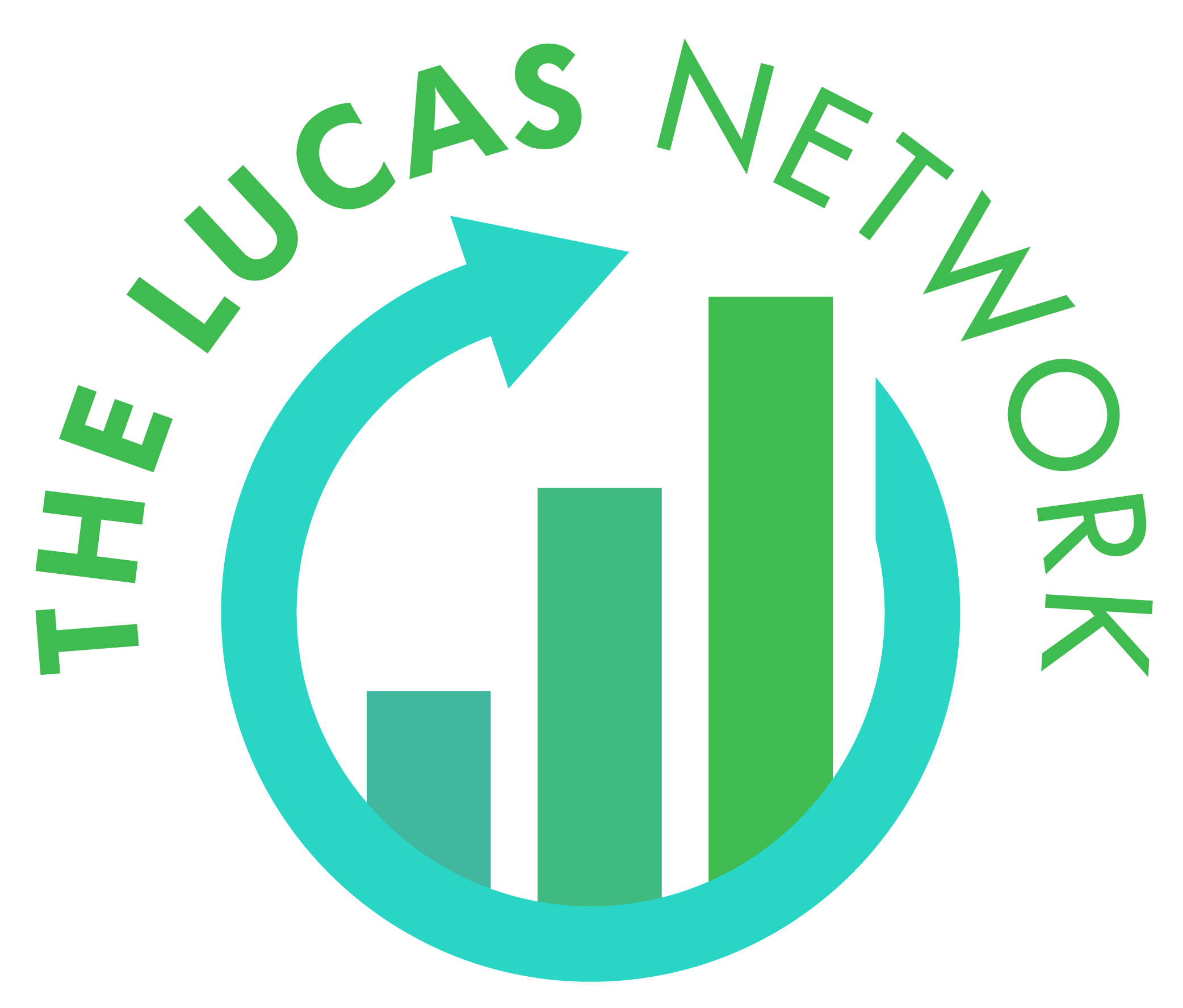If you want to be successful in business, it is crucial to determine when, where, and how to obtain the startup funding you need. Whether you need $1,000 or $1 million to start or expand your business, if you can’t raise money, you can’t build the business you want.
Before You Look For Funding
Before you look for funding, you need to create a solid business plan. In addition to explaining your business and your strategy for success, your plan must determine how much money you need and for what it will be used.
Also, it’s very important for you to understand the timing of the funding. For example, do you need all the funding now (e.g., to build out a location), or can you receive your funding in stages or “tranches.”
The amount of funding you seek will affect the source of funding you approach. For example, if you require $250,000 in funding, angel investors are more applicable then venture capitalists. If you need $5 million, the opposite is true.
The 5 Most Common Funding Sources
While I have identified 41 sources of funding for your business, below are the 5 most common.
1. Funding from Personal Savings
Funding from personal savings is the most common type of funding for small businesses. The two issues with this type of funding are 1) how much personal savings you have and 2) how much personal savings are you willing to risk.
In many cases, entrepreneurs and business owners prefer OPM, or “other people’s money.” The four funding sources below are all OPM sources.
2. Business Loans
Debt financing is a fancy way of saying “loan.” Credit unions and banks offer funding that you must repay over time with interest. This can come in the form of a personal loan, a traditional business loan, or different loans based on the type of asset you need to purchase (e.g., for equipment, land, or vehicles).
You must prove to the lender that the likelihood of you paying back the bank loans is high, and meet any requirements they have (e.g., having collateral in some cases). With a bank loan, you do not need to give up equity. However, once again, you will have to pay interest along with the principal.
3. Friends & Family
A big source of funding for entrepreneurs is friends and family. They can provide funding in the form of debt (you must pay it back), equity (they get shares in your company), or even a hybrid (e.g., a royalty whereby they get paid back via a percentage of your sales).
Friends and family are a great source of funding since they generally trust you and are easier to convince than strangers. However, there is the risk of losing their money. And you must consider how your relationship with them might suffer if this happens.
4. Angel Investors
Angel investors are generally wealthy individuals like friends and family members; you just don’t know them (yet). At present, there are about 250,000 private angel investors in the United States that fund more than 30,000 small businesses each year.
Most of these angel investors are not members of angel groups. Rather they are business owners, executives and/or other successful individuals that have the means and ability to fund deals that are presented to them and which they find interesting.
Networking is a great way to find an angel investor for your business.
5. Venture Capital
Venture capital funding is a suitable option for businesses that are beyond the startup period, as well as those who need a larger amount of venture capital for expansion and increasing market share. Venture capitalists and VC firms are professional investors that are more involved with business management, and they play a significant role in setting milestones, targets, and giving advice on how to ensure greater success.
Venture capitalists invest in new businesses and medium-sized businesses they believe are likely to go public or be sold for massive future business profits. Specifically, they want to fund companies that have the ability to be valued at $100 million or more within five years. They also go through an expensive and lengthy process of deciding on the best business to invest their venture funds. Hence, the application process and approval usually takes several months.
The Bottom Line
As you search for the best funding options for your start-up business or to expand your existing business, you will discover that some sources are more complicated and time-consuming while others may offer a very small amount. While the five sources mentioned above are the most common, there are other ways of obtaining the financing you need including government programs including grants, crowdfunding sites, business credit cards, or a line of credit from a bank just to name a few.
Choosing an inappropriate type of funding can lead to unfavorable outcomes such as feuds between the lender and business owner, shift of control, waste of resources and other negative consequences.
With this in mind, you should study the benefits and drawbacks of each financing option and select the ideal one that will help you meet your business goals. With the right sources of money, the sky’s the limit for your business.





